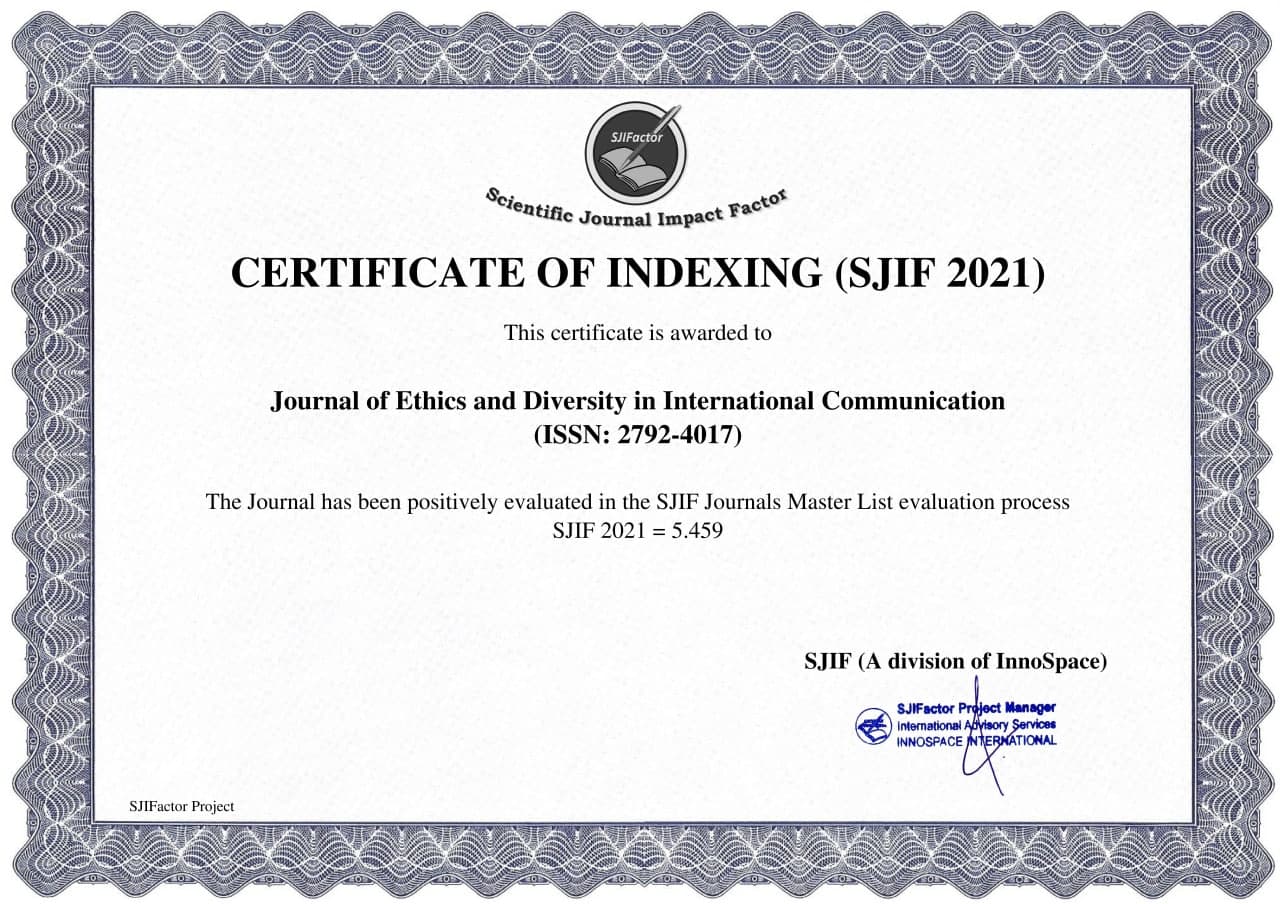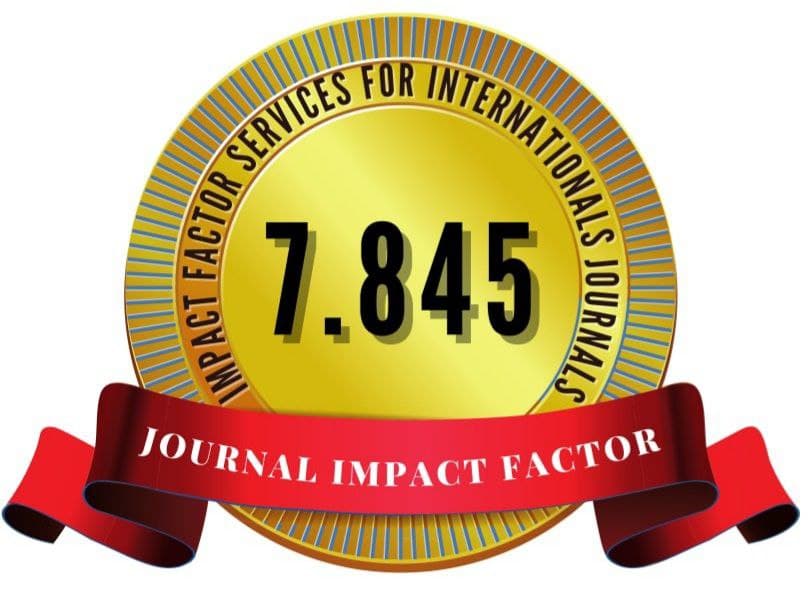E-Arbitration and Its Role in Modern Jurisprudence
Keywords:
Electronic Arbitration (E-Arb), advantages of E-Arb, disadvantages of E-Arb, ODR, The American Arbitration Association (AAA), World Intellectual Property Organization (WIPO), Rules for Uniform Domain Name Dispute Resolution PolicyAbstract
Electronic Arbitration (E-Arb) is a private dispute resolution method that enlists the help of an arbiter, who is a neutral and unbiased decision-maker. This person oversees the arbitration by hearing both parties' arguments and rendering a binding decision. With the advancement of ICT, the practice of online arbitration has grown in popularity, and it is now being used by businesses that operate via the Internet as a more efficient and cost-effective alternative to traditional court processes and traditional arbitration. Electronic arbitration (E-Arb) is a way of settling disputes through the use of internet platforms that provide arbitration services. As has been shown in previous chapters, the expansion of e-commerce, cross-border, and transnational trade is intimately tied to E-Arb. Parties that enter into such contracts and agreements expect a timely, efficient, and cost-effective system for resolving disputes. The request for arbitration, the proposal for the appointment of the arbitrator, the exchange of arguments between the parties, and the production of documents can all be done electronically.








